
CategoryPhilosophy of Mind


Is Your Mind Bigger Than the Universe? Well, Look At It This Way…
Surprisingly, there is a way to measure the mind that shows it IS bigger than the universe — informationImagine you’re sitting at home, relaxing in your favorite easy chair. Go on, kick your legs up. Feel your limbs releasing the stress of the day, starting from the extremities, and progressing up your core to your head. Now, let your mind expand. Let go of what is holding your mind down. Feel it become free, outside of everything around it. Let the feeling continue until your mind is bigger than the universe. Now consider the question: if your mind is bigger than the universe, can it be within the universe? If a ball is bigger than a bag, can it be contained by the bag? Of course not. If the mind is bigger than the universe, then it must Read More ›

Belief in the Soul Is Found in Every Time and Place
Substance dualism holds clearly that the soul and the body are two different types of entities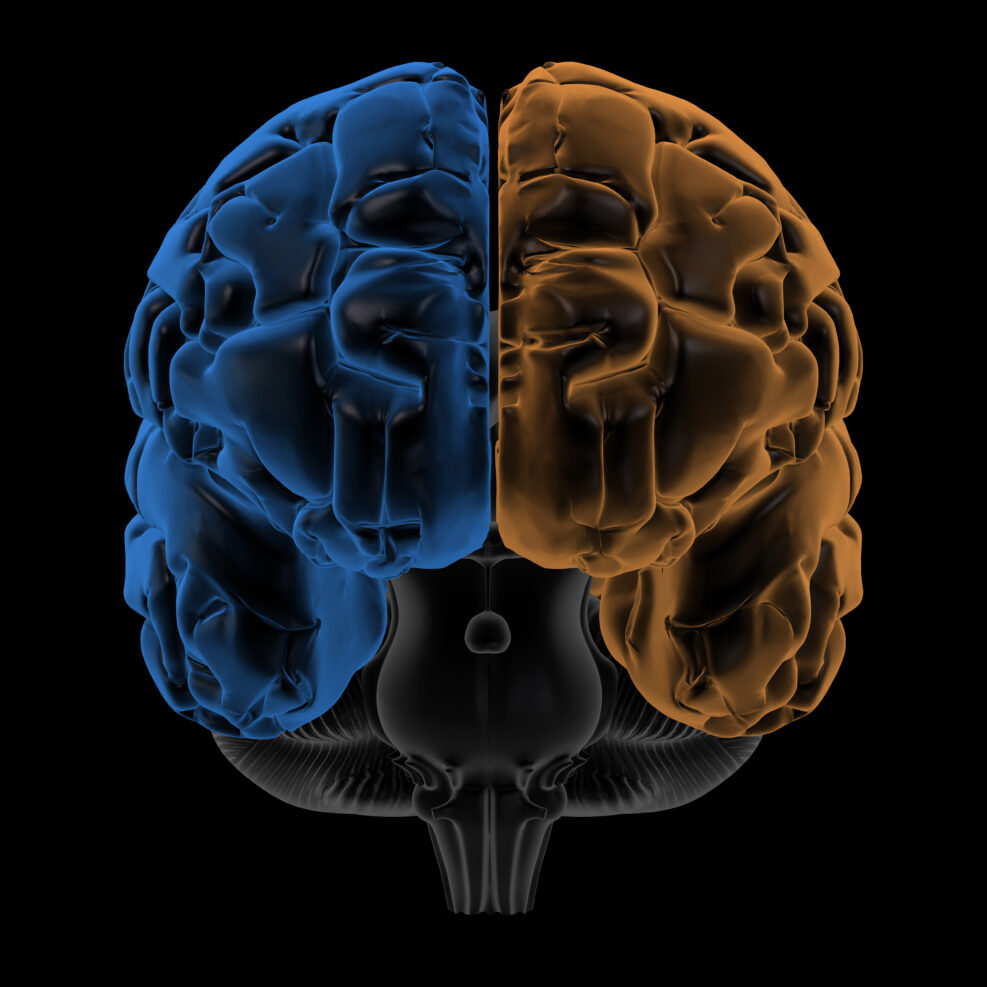
Could Human Consciousness Be a Recent Historical Development?
Julian Jaynes’s bicameral mind theory, popular in the 1970s, stated that until about 3000 years ago, humans were not really conscious
Asked at Psychology Today: Were Neanderthals Religious?
We can’t poll long-dead Neanderthals on life, death, and the hereafter but the evidence we’ve dug up suggests they were thinking about that kind of thing
Philosopher Tweets on Consciousness — and Gets Feedback
Tulane U’s Kevin Morris tweeted that “the brain/ nervous system IS consciousness,” and started a broad discussion with many views represented
When a Brilliant Man Has a Very Confused Perspective …
Astrophysicist Avi Loeb simply doesn’t seem to see that human beings are more valuable than advanced machines
Researchers: Goats Can Read Basic Human Emotions
The research team hopes to improve care of livestock by establishing what they do and don’t feel about the way they are treated
Human Intelligence Is Fundamentally Different From Machine Intelligence
Design theorist William Dembski discusses the problems we will encounter when we try to integrate the two when, say, sharing the road with self-driving cars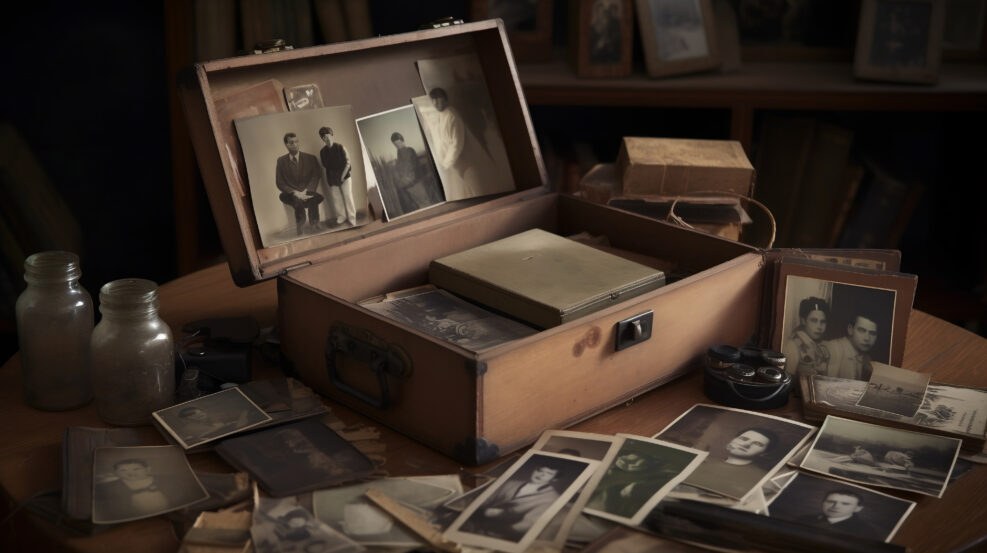
Where, Exactly, Is Memory Stored in the Brain?
The hippocampus of the brain is important for memory formation but memories are immaterial and are not really “stored” anywhere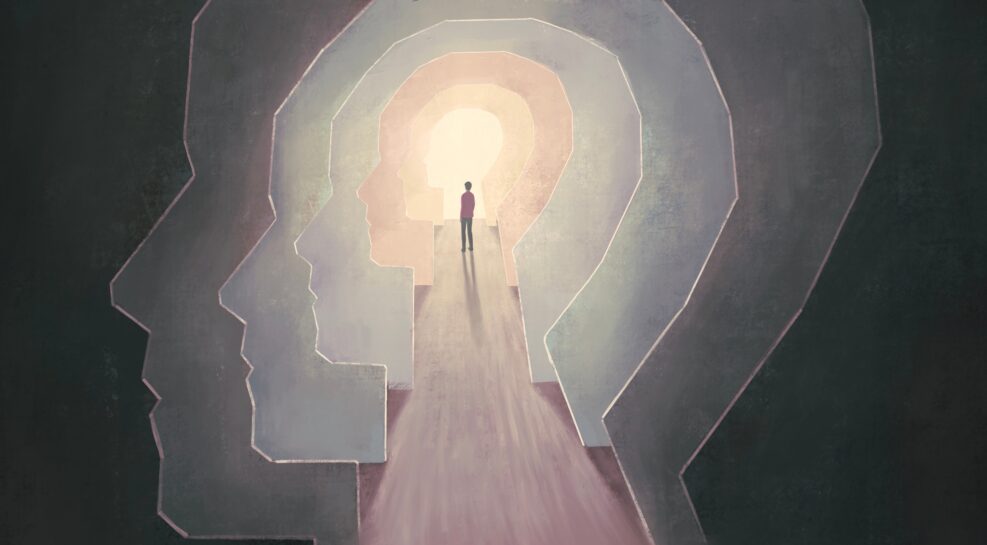
What Christof Koch Misunderstands About the Mind and the Brain
In his revealing interview at Closer to Truth, the Allen Institute neuroscientist, though he doubts physicalism, attributed subjective experiences to “brains”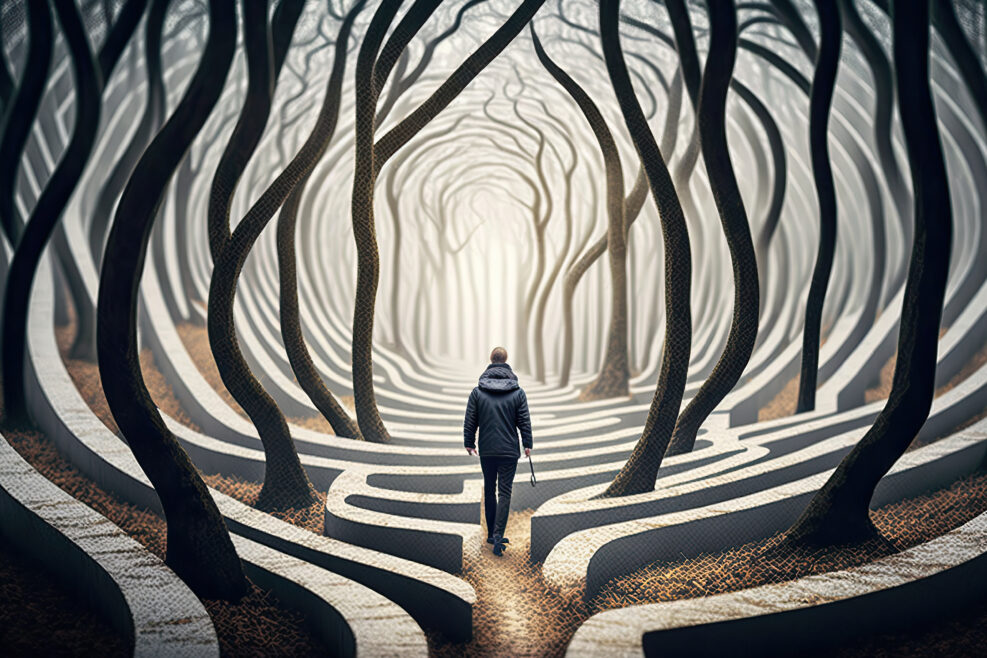
Leading Neuroscientist Wavers on Physical View of Consciousness
On Closer to Truth, Christof Koch said last month, “Consciousness cannot be explained only within the framework of space and time and energy, but we need to postulate something additional”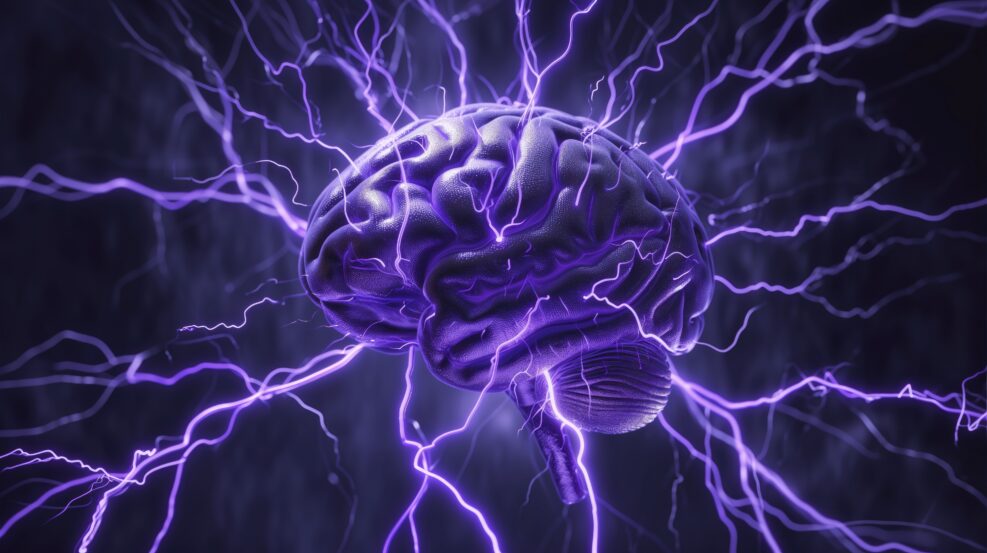
Are Researchers Taking Mystical Experiences More Seriously Now?
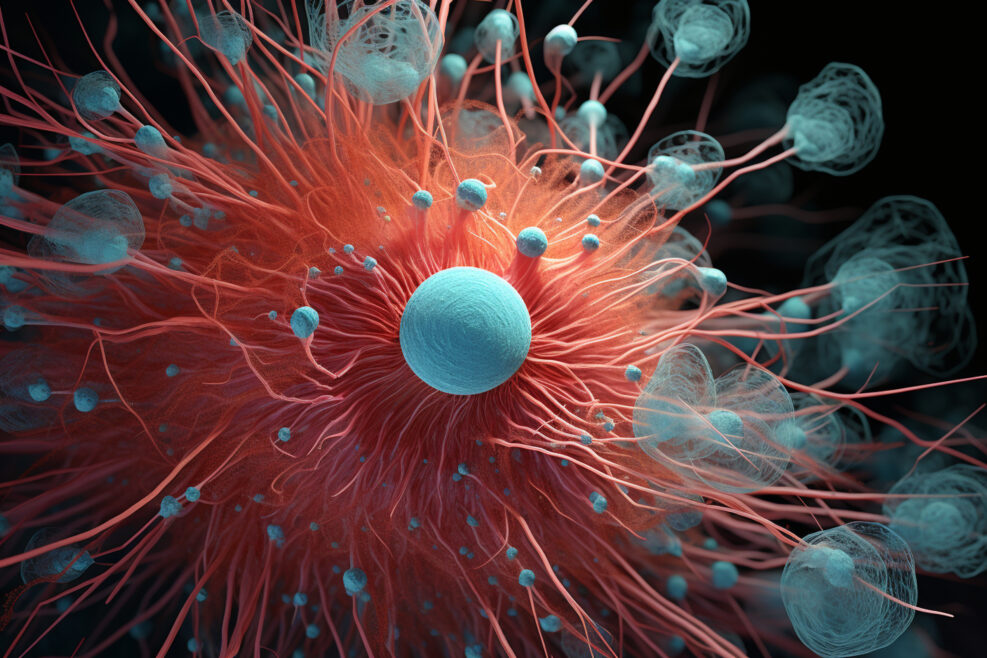
How Quantum Theory Relates To Consciousness
Experimental physicist Rob Sheldon explains the background to Hameroff and Penrose’s contested quantum consciousness theory, which is beginning to be tested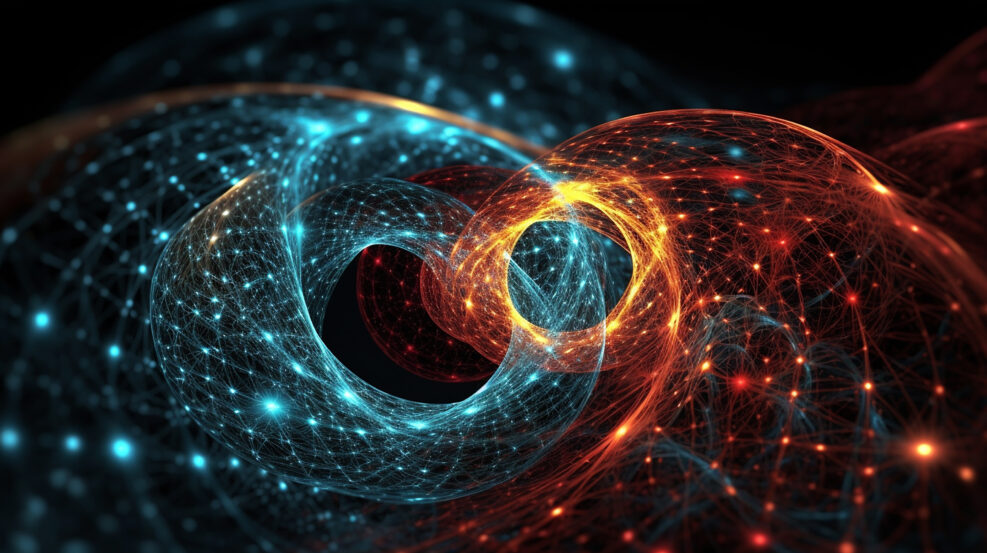
The Theory That Consciousness Is a Quantum System Gains Support
Hameroff and Penrose’s Orch Or Theory sees consciousness as the outcome of a quantum collapse of a wave function
Psychiatrist Looks at Mindfulness From a Christian Perspective
UCLA research psychiatrist Jeffrey Schwartz notes that the word “heart” in the biblical sense means the seat of consciousness, the seat of our spirit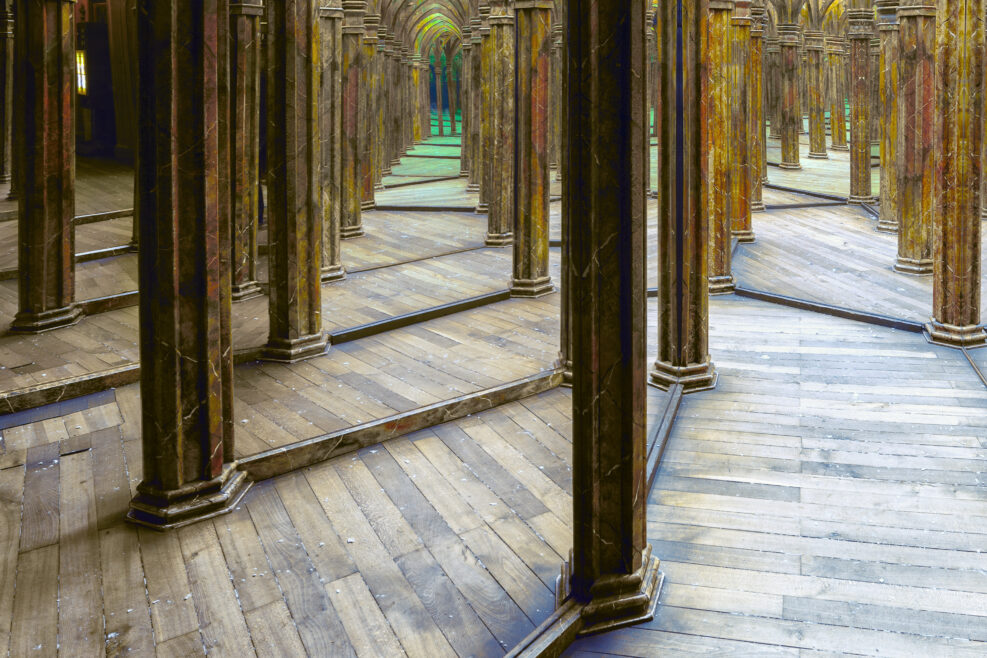
Consciousness Wars Still Simmer, Despite Peacekeeping Efforts
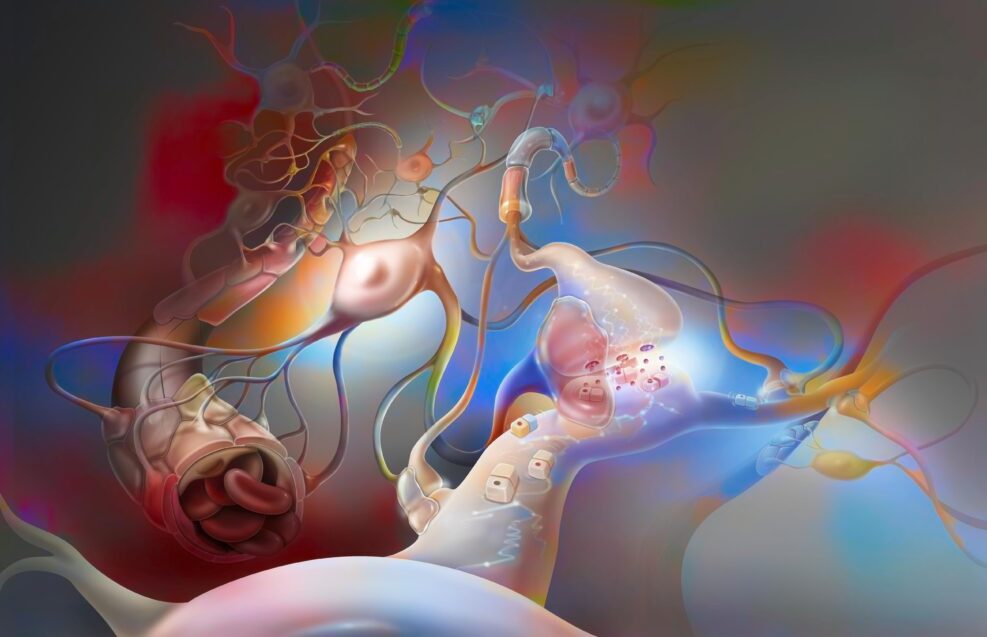
New Findings About Our Mysterious “Second Brain”

Philosopher Explains How We Can Know That Consciousness Is Real
